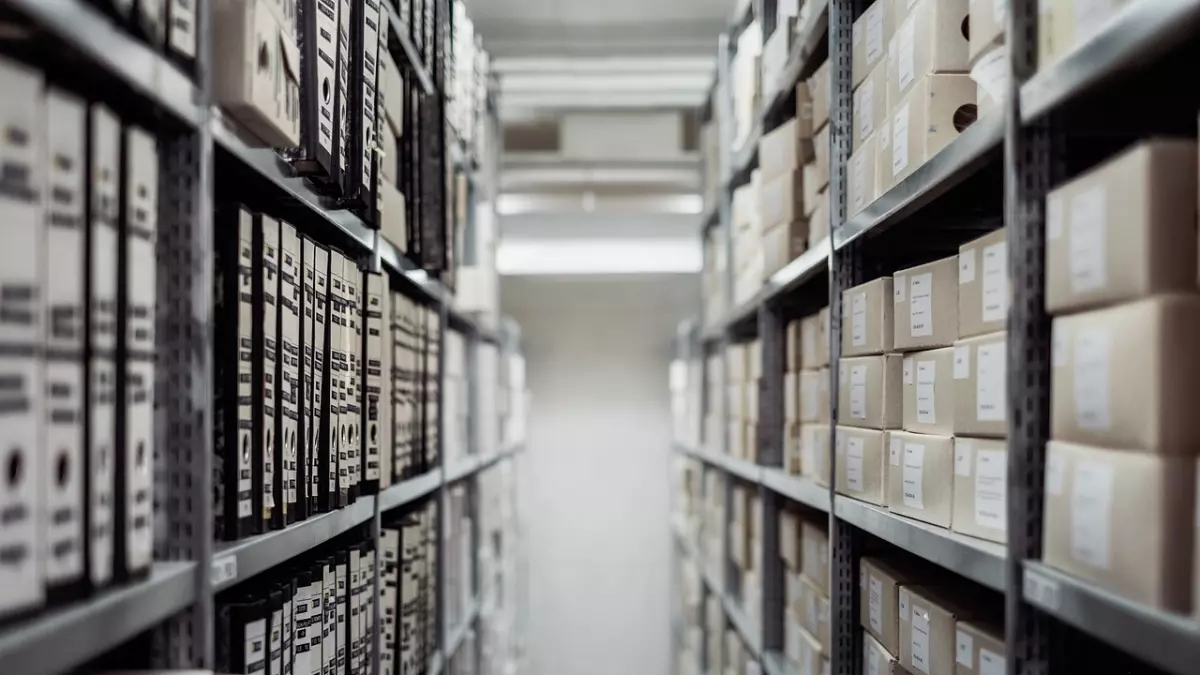AI and Data Storage
Data storage has always been a headache for businesses, especially with the explosion of big data. Managing, storing, and retrieving massive amounts of information is no easy task. But what if AI could step in and make things easier? Spoiler alert: it already is.

By Sophia Rossi
Let's face it, the world is drowning in data. From social media posts to IoT devices, the amount of data being generated daily is mind-blowing. According to IDC, the global datasphere is expected to reach a staggering 175 zettabytes by 2025. That's a lot of zeros! And while this data holds incredible potential, storing it efficiently is a whole other ball game.
Traditional storage solutions just aren't cutting it anymore. They’re expensive, inefficient, and often struggle to keep up with the demands of modern data processing. Enter AI. Artificial intelligence is stepping up to the plate, offering smarter, more scalable solutions for data storage that could change the game entirely.
AI-Powered Storage Optimization
One of the biggest ways AI is impacting data storage is through optimization. AI algorithms can analyze data usage patterns and predict future storage needs, allowing systems to allocate resources more efficiently. This means no more over-provisioning (which wastes space and money) or under-provisioning (which leads to performance issues).
AI can also automate the process of moving data between different storage tiers. For example, frequently accessed data can be stored on faster, more expensive storage, while less critical data can be moved to slower, cheaper storage. This tiered approach ensures that businesses are getting the most bang for their buck when it comes to storage costs.
Data Deduplication and Compression
Another area where AI is making waves is in data deduplication and compression. Duplicate data is a huge problem in the world of big data, and it can take up a significant amount of storage space. AI algorithms can automatically detect and eliminate duplicate data, freeing up valuable storage resources.
Similarly, AI can be used to compress data more efficiently. Traditional compression algorithms often rely on static rules, but AI can adapt to the specific characteristics of the data being compressed, resulting in better compression ratios. This not only saves storage space but also reduces the time and resources needed to transfer data.
Predictive Maintenance for Storage Infrastructure
AI isn't just optimizing how data is stored; it's also helping to maintain the infrastructure that stores it. Predictive maintenance is a technique where AI is used to monitor storage hardware and predict when failures are likely to occur. By analyzing data from sensors and logs, AI can identify patterns that indicate a potential failure and alert IT teams before it happens.
This proactive approach to maintenance can save businesses a lot of headaches (and money). Instead of waiting for a hard drive to fail and scrambling to recover lost data, companies can replace failing components before they cause any downtime. It's like having a crystal ball for your storage infrastructure!
AI and Cloud Storage: A Match Made in Heaven
Cloud storage has become the go-to solution for many businesses, thanks to its scalability and flexibility. But managing cloud storage can be tricky, especially as data volumes continue to grow. Fortunately, AI is here to help.
AI can be used to optimize cloud storage in much the same way it optimizes on-premise storage. It can predict future storage needs, automate tiering, and even help with data migration between different cloud providers. This is particularly useful for businesses that use a multi-cloud strategy, as AI can ensure that data is stored in the most cost-effective and efficient way possible.
Additionally, AI can help with security in the cloud. By analyzing patterns in data access and usage, AI can detect anomalies that may indicate a security breach. This adds an extra layer of protection for businesses that store sensitive data in the cloud.
The Future of AI in Data Storage
So, what does the future hold for AI and data storage? Well, it's safe to say that AI will continue to play a major role in how we store and manage data. As data volumes continue to grow, the need for intelligent, automated storage solutions will only increase.
We can expect AI to become even more integrated into storage systems, with more advanced algorithms that can handle increasingly complex data environments. And as AI continues to evolve, it will likely become even better at predicting storage needs, optimizing resource allocation, and ensuring data security.
In short, AI is set to revolutionize the way we think about data storage. It's not just about storing data anymore; it's about storing it smartly.
So, are you ready to let AI take the wheel when it comes to your data storage?





